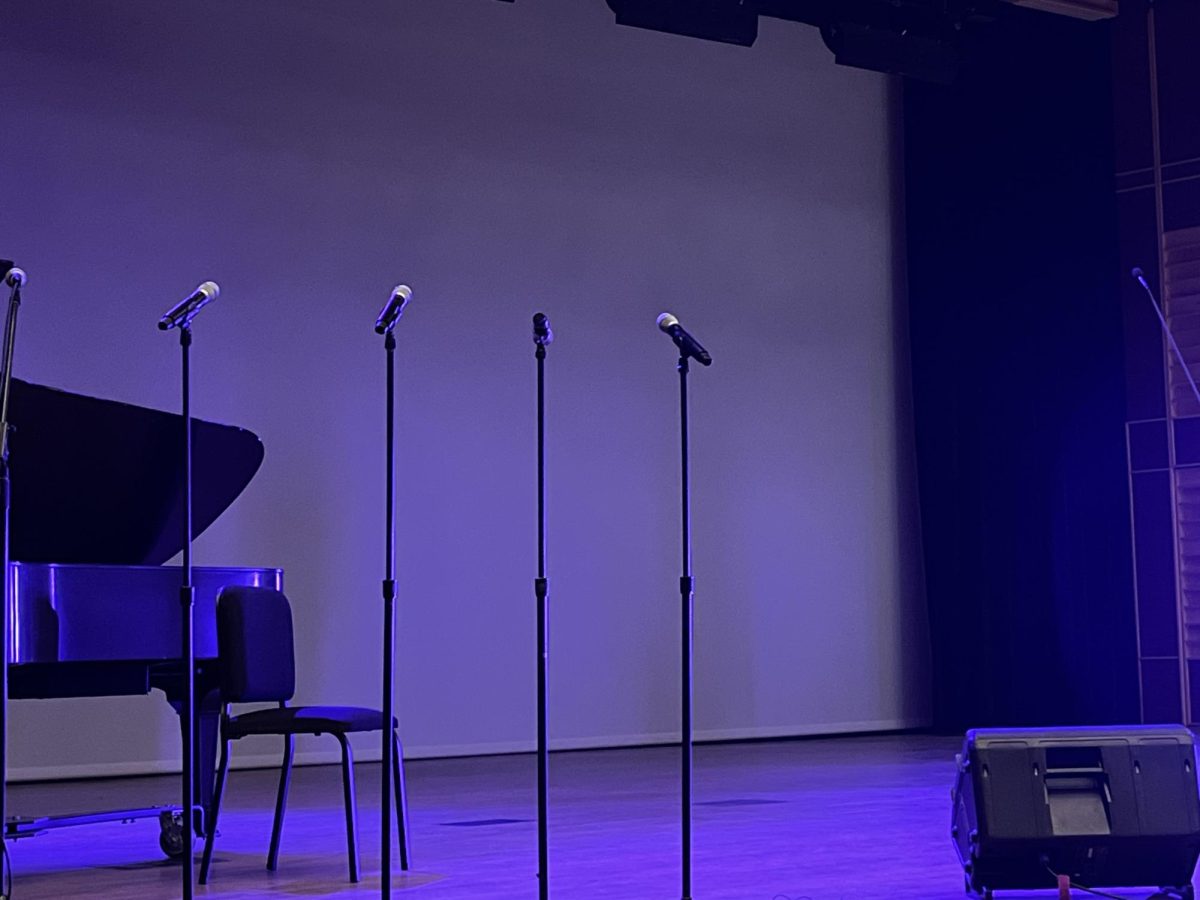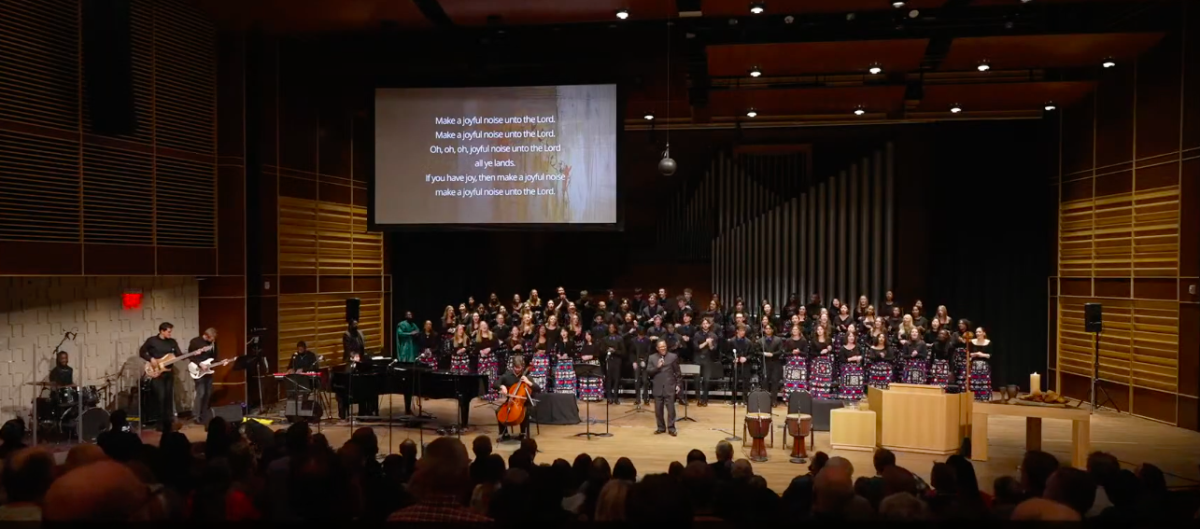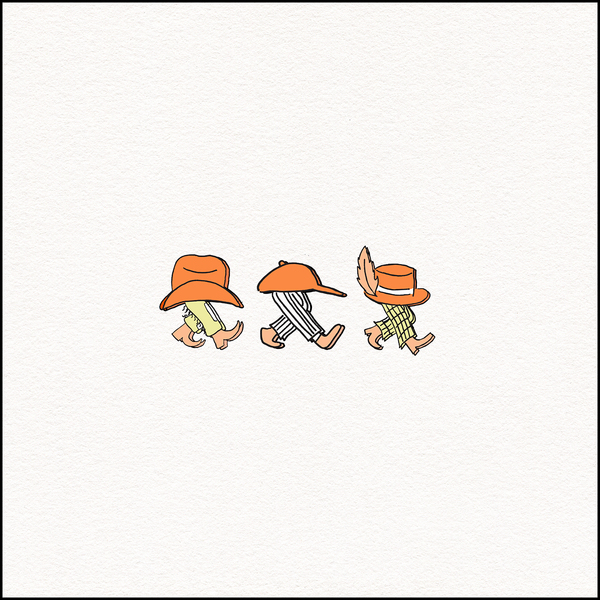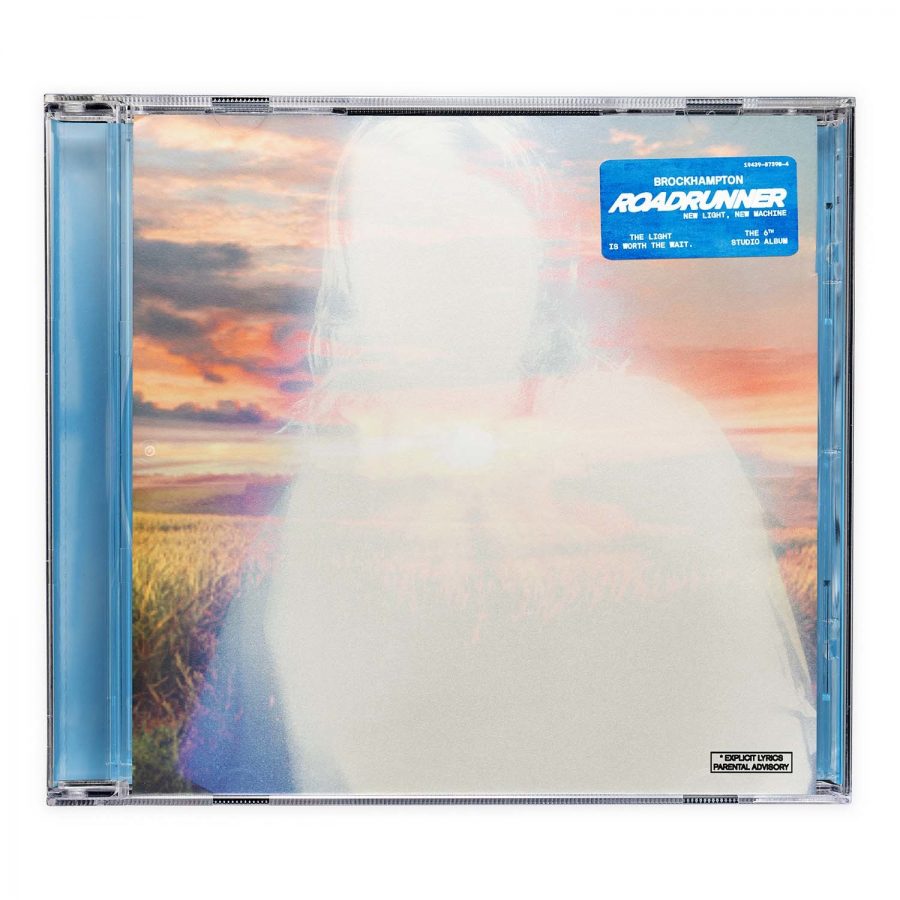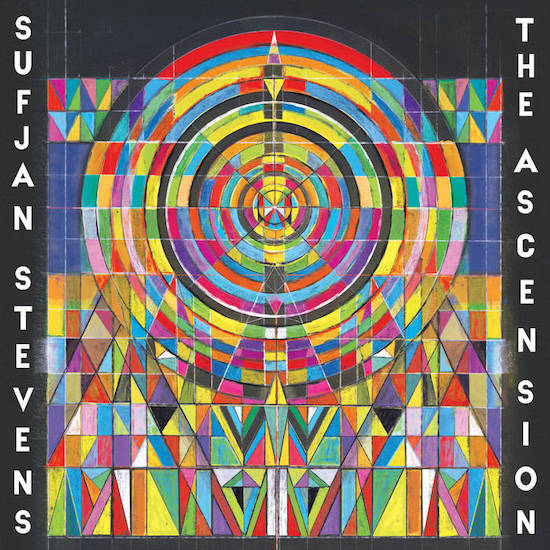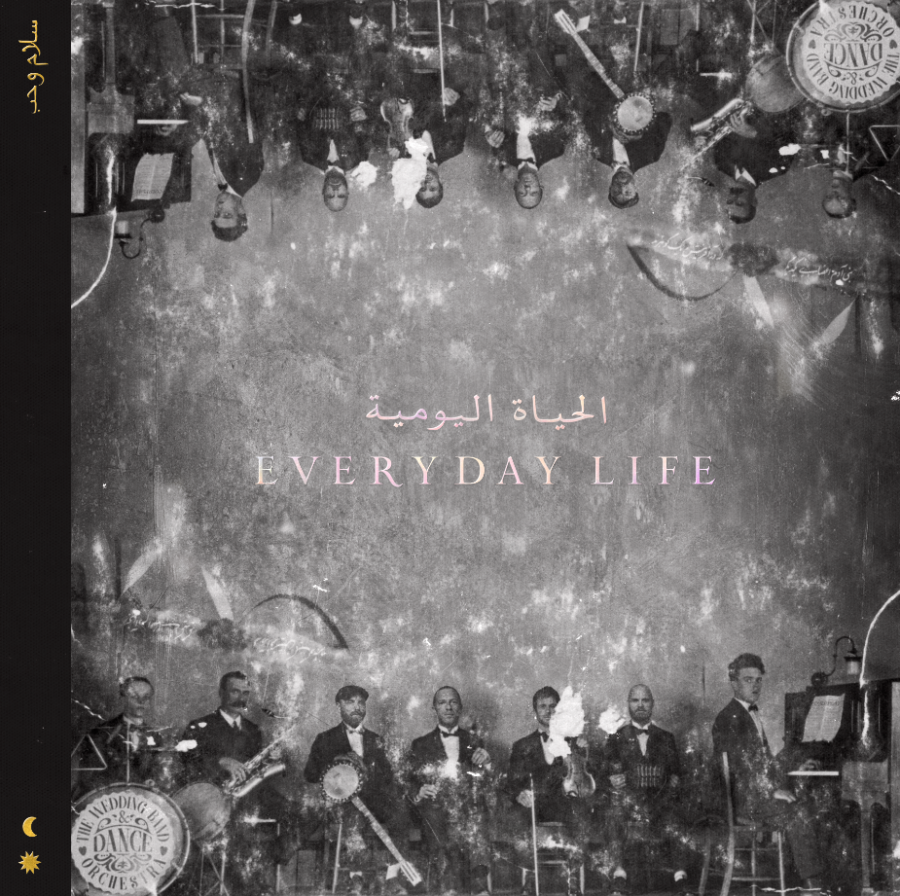“Bronze Age of the Nineties,” the debut album from Liance (musical vehicle of senior James Li), is an album about death. It is an album that claims life is a collection of interactions with death. It is an album that tells of particular deaths: the death of a friend’s mother, the death of a relationship, the death of a stranger buried in a lake, the death of hopefulness and naivety of youth, among others. Li argues that it is not hard to find death but it is hard to find reasons to live in the midst of death. This album translates Li’s experiences with death into tools for finding life. Much like light through a lens, in life we pass through experiences with death and we are adjusted, refracted and changed. The challenge lies in learning how to behave on the other side of the lens.
In the opening track, “Meg,” Li sings about the heartbreaking duty of consoling a close friend as she grieves for her mother. As Li’s friend is mourning, he meditates on the ways his own mother mourned the loss of her father. Li never met either of the deceased, but his love for his friend and his mother propels him to join them in grief. This love allows him to celebrate the lives that were, though he never knew them. In like manner, many of these songs ponder the transient nature and fragility of life, and many are much more grim and visceral. This album is a collection of gentle stories and particular experiences. These tracks are steady and humble anecdotes of pleasure mixed with pain that reach and claw for understanding. Li’s writing is journalistic and verbose, yet honest and nuanced. He wanders through experiences and wrestles with the implications of being overwhelmed by death yet scrounging for life. He seeks a reason to live and is willing to wait for the right reason, as hard as it may be to find hope.
The track “Pine Rest” illuminates this struggle. Li sings, “I don’t want to die, but I want to feel alive again.” Li reveals a profound juxtaposition: to be desperately lost (perhaps by one’s own refusal to consult a map), and desperately calling out to be found (perhaps by anything that gives some semblance of life: a memory, a moment, a murmur of security). This harkens back to the opening track, “Meg,” in which Li sings, “we choose who we love but we have no choice over death or disease, so hold close who’s left and the rest keep in memory.” While we do have some choices in life, most things are out of our control. Although we are surrounded by death, this should not keep us from loving, it should encourage us to take advantage of whatever time we have.
Despite this focus on the frailty of life and the supposed futility of hope, Li finds solace in persistence. He fights for life despite the death that surrounds him. In the song “KZ Earthquake Tremor,” Li lists the terrible things that are happening around him: he wakes up shaking and then he realizes that his whole world is shaking, his friend has died in her car, there are rats in his house and his plumbing doesn’t work, yet he’ll still be living there in the fall. He’s choosing to stay, to live among these deaths, to make the most of grim circumstances. We have no choice in death or disease, but we do have a choice in how we respond to things beyond our control.
Comforting acoustic guitars, angelic piano and glockenspiel and complex vocals are notable elements that carry this album. Li’s voice is rarely alone on these tracks and the layers and harmonies insist that life is a journey best traveled with a friend, with those who can help to sort out the complexity of human experience. The gentle piano and glockenspiel parts comfort the listener in an unspeakable way that illustrates that sometimes words are inadequate.
Though Li’s voice may sound uneasy and afraid at times – it may even sound defeated – the act of telling these stories is important. The act of giving a voice to his experiences can help validate the experiences of the speaker and allow him to make sense of things that are complex and frightening. Listening to this album will provide an opportunity to hear a friend struggle to sort through a handful of experiences and observations about difficulty and death. If you allow yourself to grieve with him and listen to the struggle, you may find fresh reasons to live.





